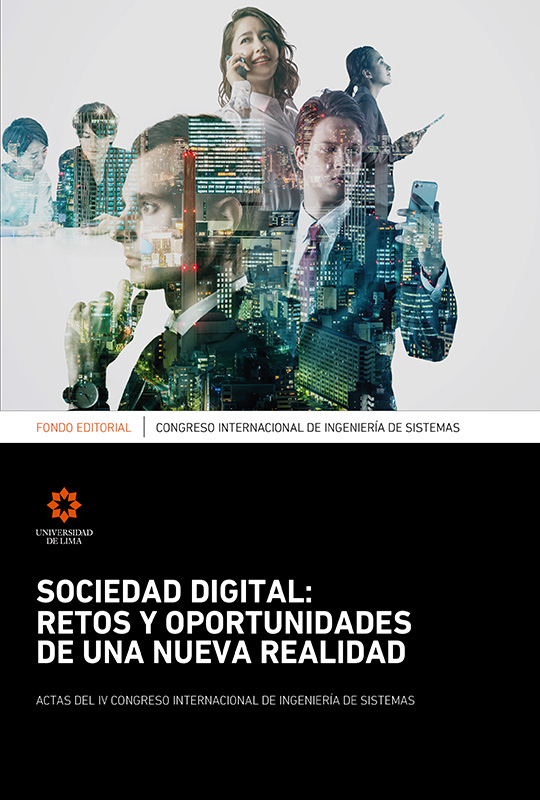The EU trustworthy artificial intelligence: how the EU wants to regulate the artificial intelligence practices
DOI:
https://doi.org/10.26439/ciis2021.5585Keywords:
European Union, EU, Artificial Intelligence, AI, trustworthy AI, fundamental rightsAbstract
The European Union (EU) recently proposed in April 2021 an Artificial Intelligence legal framework. The EU highlights the advantages of using Artificial Intelligence (AI) specially in the areas of prediction, optimizing operations, resource allocation and personalizing service delivery. Nevertheless, the EU considers that the AI might bring new risks and negative consequences for individuals and society when an AI system violates the EU values and fundamental rights. This paper explains how the EU is proposing a legal framework for trustworthy AI. Tech or nontech companies and professionals should be aware about what kind of AI applications and practices might be prohibited or restricted within the EU. To be more specific, this paper focuses on what type or AI system can be considered as unacceptable risk, high or low risk AI.
Downloads
References
Ciocca, J., Horowitz, M. C., & Kahn, L. (2021). The Perils of Overhyping Artificial Intelligence: For AI to Succeed, It First Must Be Able to Fail. Foreign Affairs. https://www.foreignaffairs.com/articles/united-states/2021-04-06/perils-overhypingartificial-intelligence
European Commission. (2021). Proposal for a Regulation of the European Parliament and the Council Laying Down Harmonized Rules on Artificial Intelligence (artificial intelligence act): (COM/2021/206 final). https://eur-lex.europa.eu/legal-content/EN/TXT/?uri=CELEX%3A52021PC0206
Darby, C., & Sewall, S. (2021). The Innovation Wars: America’s Eroding Technological Advantage. Foreign Affairs. https://www.foreignaffairs.com/articles/unitedstates/2021-02-10/technology-innovation-wars
Normile, D. (2019). Chinese Scientist Who Produced Genetically Altered Babies Sentenced to 3 Years in Jail. Science. https://www.sciencemag.org/news/2019/12/chinesescientist-whoproduced-genetically-altered-babies-sentenced-3-years-jail
Wright, N. (2018). How Artificial Intelligence Will Reshape the Global Order. Foreign Affairs. https://www.foreignaffairs.com/articles/world/2018-07-10/how-artificial-intelligence-willreshape-global-order


